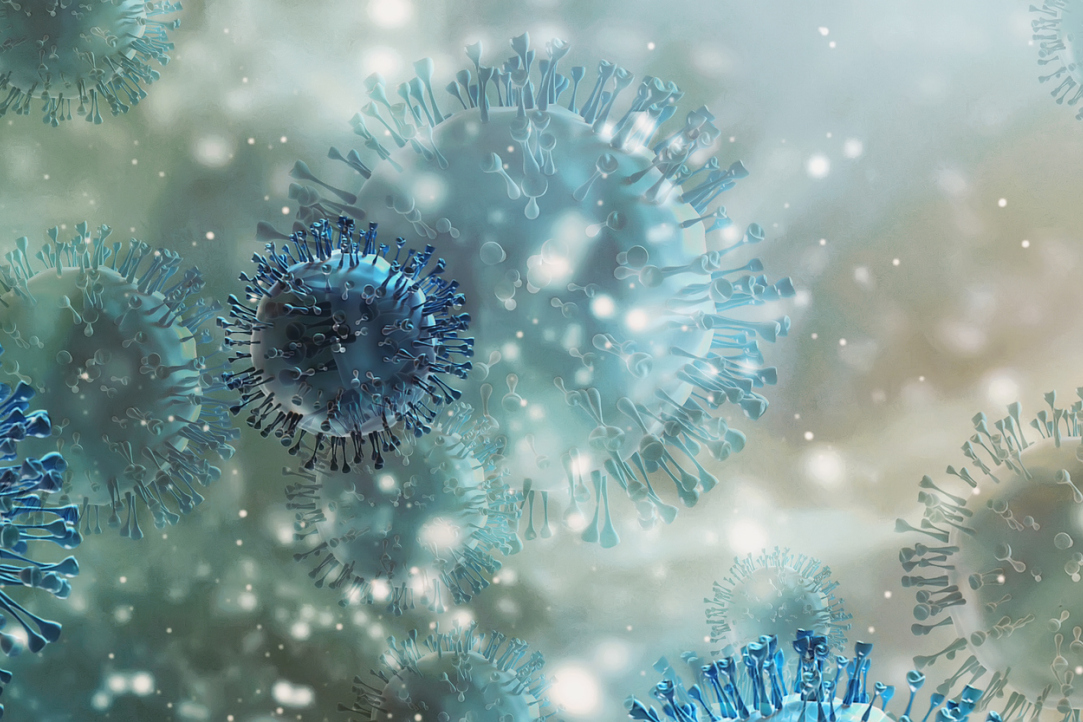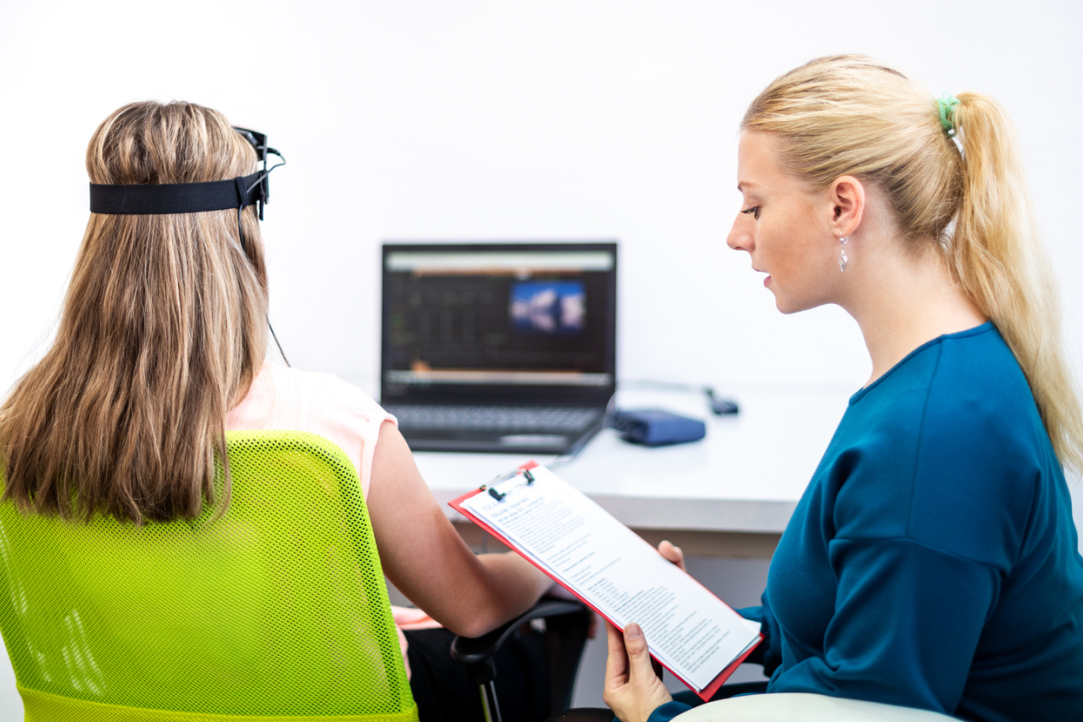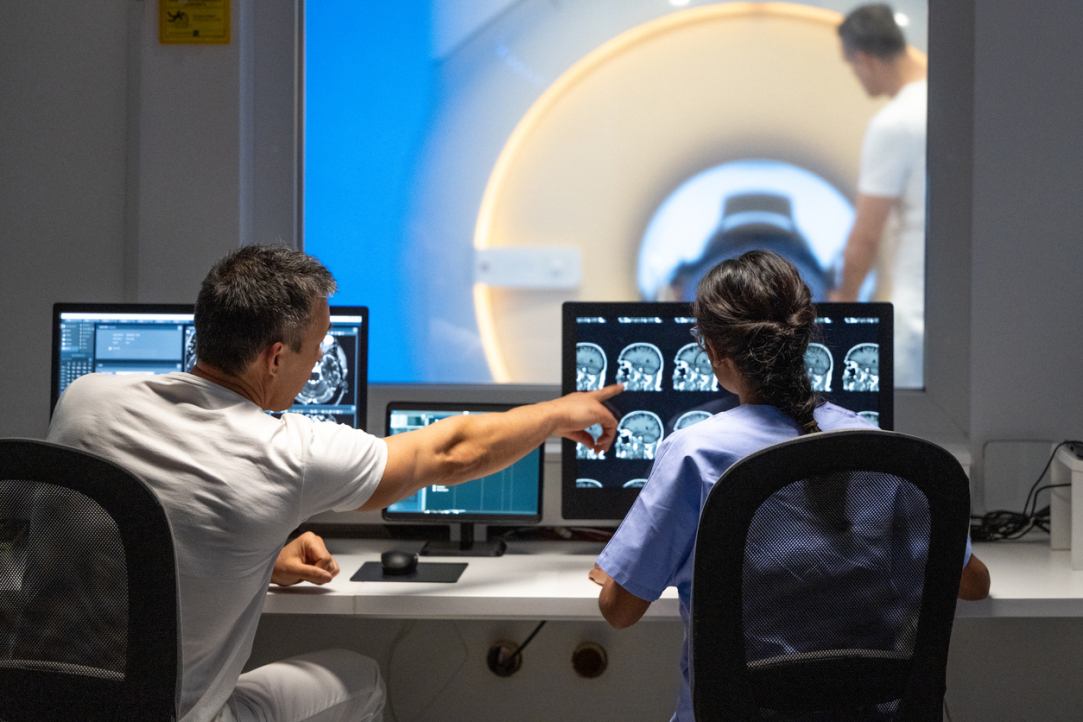
Factors Affecting Alcohol Consumption Are Shaped in Childhood
Economists and sociologists who study alcohol consumption patterns often link them to people's living conditions and human capital such as education, work experience, and knowledge. Researchers of the HSE Laboratory for Labour Market Studies and the HSE Laboratory for Studies in Economic Sociology have found that non-cognitive skills developed in childhood and adolescence can have a major effect on the likelihood of alcohol abuse later in life and can diminish the role of education in this respect. The paper has been published in the Journal of Comparative Economics.

Microgravity Rewires Connectivity in Cosmonauts' Brains
After studying the brain scans of 13 Russian cosmonauts who participated in space missions to the ISS from 2014 to 2020, scientists discovered that prolonged exposure to microgravity had an impact on the connectivity of the brain structures responsible for adapting to unfamiliar conditions. The study revealed that these connections may not always return to their original state after the flight. The paper has been published in Communications Biology.

Men Willing to Pay More for Chocolate Than Women
Researchers at HSE University in Perm have used electroencephalography (EEG) to determine that consumers are willing to pay 10% more for chocolate when they know it to be a premium product. On the other hand, if consumers are aware that a chocolate product is inexpensive, their willingness to pay decreases by 13%. On average, men are willing to pay 8.8 monetary units more for chocolate than women, and men's willingness to pay decreases by 0.3 monetary units with each additional year of age. The study has been published in Food Quality and Preference.

Capabilities as an Indicator of Poverty
Using a multidimensional approach, sociologists from HSE University have identified some vulnerable categories of the population that have rarely been the focus of research on poverty. According to their calculations, pensioners and people with disabilities also fall into the ‘poor’ category. The study was published in the Russian Journal of Economics.

Income and Cost of Living Distribution Found to Be Similar in Russia and US
Researchers at the HSE Faculty of Economic Sciences Laboratory for Wealth Measurement analysed income and cost of living data at the sub-regional level in Russia (municipalities) and in the US (counties). The study reveals that territorial differences in the cost of living are more pronounced in Russia compared to the United States. However, the distribution of overall income across settlements of varying sizes is quite comparable in both countries. The article has been published in the HSE Economic Journal.

People Spend 1/6th of their Lifetime on Enhancing Their Appearance
An international team including HSE researchers has conducted the largest ever cross-cultural study of appearance-enhancing behaviours. They have found that people worldwide spend an average of four hours a day on enhancing their beauty. Caring for one's appearance does not depend on gender, and older people worry as much about looking their best as the young do. The strongest predictor of attractiveness-enhancing behaviours appears to be social media usage. The study findings have been published in Evolution and Human Behaviour.

Russian Researchers Explain Origins of Dangerous Coronavirus Variants
HSE researchers, in collaboration with their colleagues from Skoltech and the Central Research Institute for Epidemiology, have uncovered the mechanisms behind the emergence of new and dangerous coronavirus variants, such as Alpha, Delta, Omicron, and others. They have discovered that the likelihood of a substitution occurring at a specific site of the SARS-CoV-2 genome is dependent on concordant substitutions occurring at other sites. This explains why new and more contagious variants of the virus can emerge unexpectedly and differ significantly from those that were previously circulating. The study’s findings have been published in eLife.

EEG and Eye Tracking Help Calculate Attentional Engagement Index
Researchers at the HSE Institute of Cognitive Neuroscience have discovered that analysing the electrical activity in the brains of a small group of people and studying their visual attention makes it possible to predict the impact of an online advertising campaign on a much larger group of 300,000 consumers. The paper has been published in Brain Sciences.

Language Impairment in Autism Associated with Grey Matter Volume
Researchers from Russia and the U.S. have found language impairment in children with Autism Spectrum Disorder (ASD) to be associated with a lower volume of grey matter and greater gyrification in the temporal and frontal lobes of the cerebral cortex. These regions play a critical role in language functioning. Understanding the structural characteristics that underlie behavioural deficits can aid in designing special education programmes for children with autism. A paper with the study’s findings has been published in Scientific Reports.

HSE Psychologists Propose New Approach to Building Soft Skills
Researchers at HSE's School of Psychology have used the findings of studies into creativity and multilingualism to develop 'Plurilingual Intercultural Creative Keys’ (PICK), a new programme which integrates both aspects into the teaching and learning process. The study results have been published in Psychology. Journal of the Higher School of Economics.

